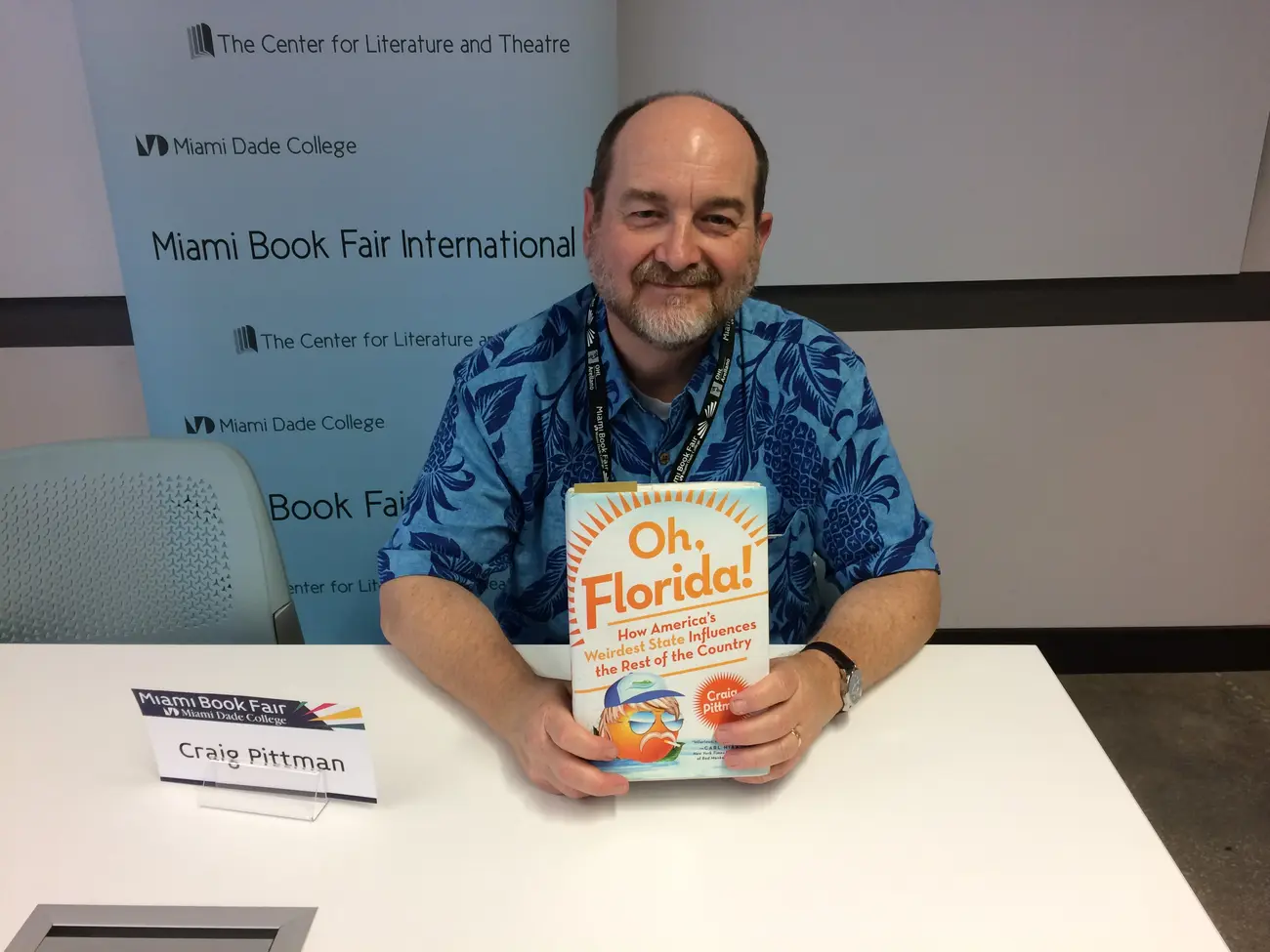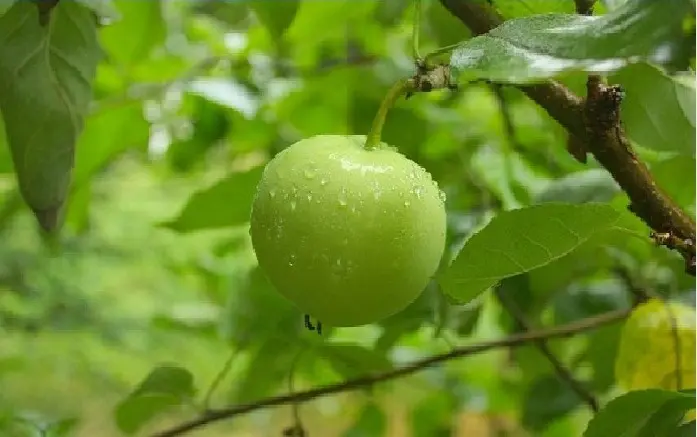Florida is a popular destination for people around the world. It is also the place that brought terms such as “hanging chad,” “Stand Your Ground” and “Don’t Tase me, bro!” to our collective consciousness.
Craig Pittman is a columnist for the Tampa Bay Times, and the author of three books on Florida’s natural environment. Pittman’s latest book, “Oh, Florida! How America’s Weirdest State Influences the Rest of the Country” is humorous, but contains a lot of good information about Florida history and culture.
“I’m a big believer in using the ‘spoonful of sugar to make the medicine go down’ method of shoveling a lot of Florida history and culture down people’s throats,” says Pittman. “I tell a lot of the weird, wacky stuff that happens in Florida, but I use it as sort of a setup for leading them into learning more about Florida history, some of which is admittedly pretty wild and weird also.”
Throughout its history, Florida has been a state full of contradictions, unusual stories, and eccentric individuals. Pittman has been inspired by the book “A Rogues Paradise: Crime and Punishment in Antebellum Florida, 1821-1861” by James M. Denham.
“It was very helpful in telling me what Florida was like before we were even a state,” says Pittman. “Even then, we were pretty wild and crazy. Denham quotes one visitor to Florida from that era who said that ‘at least half the people who lived in Florida were con men and crooks and the other half were their penniless victims.’ So, not much has changed.”
Florida became a United States Territory in 1821, and future president Andrew Jackson was the first territorial governor.
“Being from Pensacola, I like to cite the very low opinion of Andrew Jackson’s wife about the place, calling it ‘a vast howling wilderness,’” says Pittman. “I’m not sure she’d like it much now either, with all the adult business establishments there.”
In a chapter on our state capital, Pittman quotes poet Ralph Waldo Emerson’s impression of Tallahassee in 1827. Emerson called it “a grotesque place, selected three years since as a suitable spot for the capital of the territory, and since that day rapidly settled by public officers, land speculators, and desperados.”
Florida became a state in 1845, and our first flag contains the words “Let Us Alone.” “People really identify with it as either a wish or a warning,” Pittman says.
While the book “Oh, Florida!” contains thousands of anecdotes about the strange behavior of our state’s modern residents, Pittman also visited monuments, museums, and historical societies around the state to gather information. He found an interesting story in Cedar Key.
“The mayor of Cedar Key, this was in 1890, basically set himself up as an island dictator,” says Pittman. “He had a thug who functioned as his town marshal, and the two of them walked around carrying shotguns, and they would order random people in the street to do crazy stuff like, ‘hey, you two head-butt each other.’ Nobody dared to stand up to them.”
Eventually, one brave woman wrote a letter to President Benjamin Harrison asking him to bring an end to the situation.
“About then is when they really slipped up, and they roughed up the keeper of the Customs House, who was a federal employee,” says Pittman. “Based on that action, and the complaint from this lady from Cedar Key, President Benjamin Harrison sent a Navy cutter to arrest the mayor.”
While Florida is considered a paradise, we have more shark bites than anywhere else in the world, we are the lightning capital of the western hemisphere, lead the country in the number of sinkholes, and are impacted by hurricanes more than any other state.
Pioneers also had to be aware of animals, and even plants. Particularly dangerous was the manchineel tree.
“The Spanish called it the ‘little apple of death’ because you take a bite and you’re six feet under in no time,” says Pittman. “It was the sap from that tree that allegedly the Calusa used to fatally wound Ponce de León when he made the mistake of coming back to Florida a second time. I guess they weren’t interested in repeat business for tourism at that point.”

